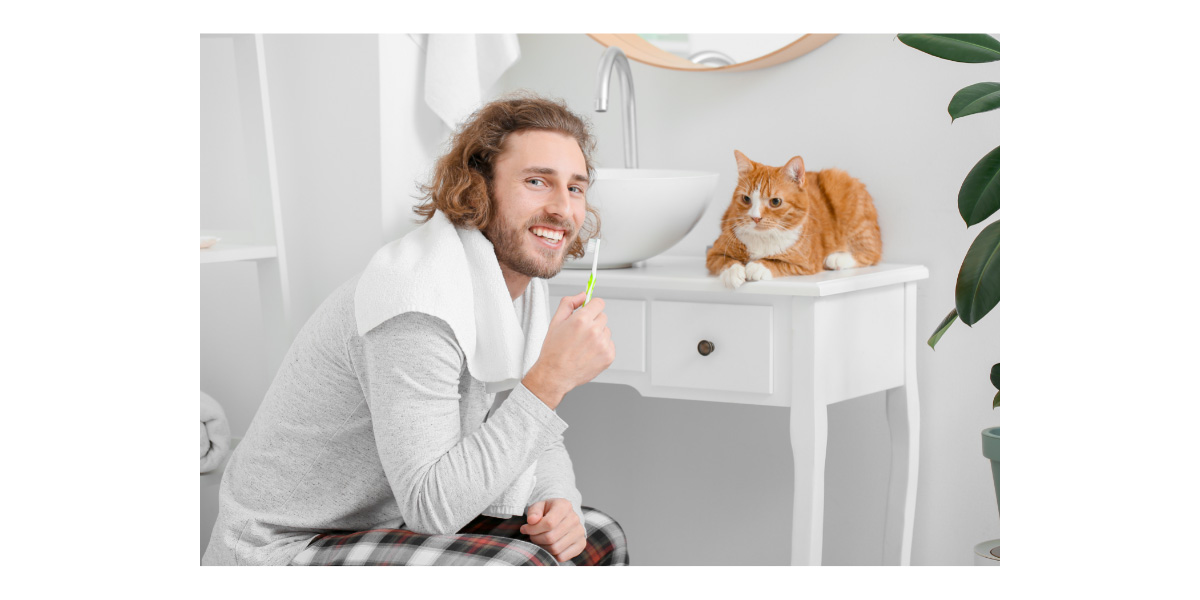The Importance of Brushing Your Cat's Teeth
Doctor of Veterinary Medicine

While efforts are made to answer all questions as quickly as possible, if an immediate answer is required or if your pet is in need of urgent or emergency care, contact your pet's veterinarian immediately.
Doctor of Veterinary Medicine

You will receive an answer from Dr. Lindsay and our vet/tech team as soon as possible, usually the same day.
All answers are provided for informational or educational purposes only, and are intended to be a supplement to, and not a substitute for, the expertise and professional judgment of your pet's veterinarian.
It may be necessary to consult your pet's veterinarian regarding the applicability of any opinions or recommendations with respect to your pet's symptoms or medical condition.
CloseDoctor of Veterinary Medicine

An error has occurred, please reload the page and try again.
CloseWhile efforts are made to answer all questions as quickly as possible, if an immediate answer is required or if your pet is in need of urgent or emergency care, contact your pet's veterinarian immediately.
There is no answer related to your question

Good dental hygiene for your cat is critical for fostering good health. According to the American Veterinary Dental Society, regular toothbrushing can help prevent development of periodontal disease, which is known to affect a great majority of cats. Poor oral hygiene can lead to gum disease and bad digestion as well. As part of preventive maintenance, brushing your cat's teeth regularly is one way of showing how much you love him or her.
Eliminate bad breath
Brushing your cat's teeth will help to remove food and other particles which may be stuck in between your cat's teeth or gums. This is one of the most common ways cats develop bad breath.
Reduce buildup of plaque and tartar in your cat's mouth
If your cat's teeth aren't brushed, the debris will accumulate and can eventually lead to plaque. Over time, the bacteria and saliva can create tartar, which will then have to be removed by your veterinarian. Brushing your cat's teeth regularly helps avoid this potentially expensive veterinary visit and procedure.
Prevent periodontal disease
Periodontal disease is one of the top five reasons cats are taken to the veterinarian. Once tartar has continued to accumulate in your cat's mouth, the condition can worsen by the bacteria forming underneath your cat's gums. This bacteria can then enter the bloodstream and affect other organs in your cat's body.
Enhance quality of life for your cat
Allowing your cat's dental health to deteriorate can lead to more serious problems. Once the bacteria from periodontal disease enters the bloodstream, it can affect the kidneys, liver, or heart. Infections can occur and cause severe damage to these organs. By preventing this from occurring, you are helping your cat live a longer and healthier life.
Whether you have an adult cat or a kitten, keep in mind it will take time and patience for your cat to accept dental hygiene as part of his or her daily routine. The key is to gradually introduce the process to your cat.
 Swipe
Swipe































